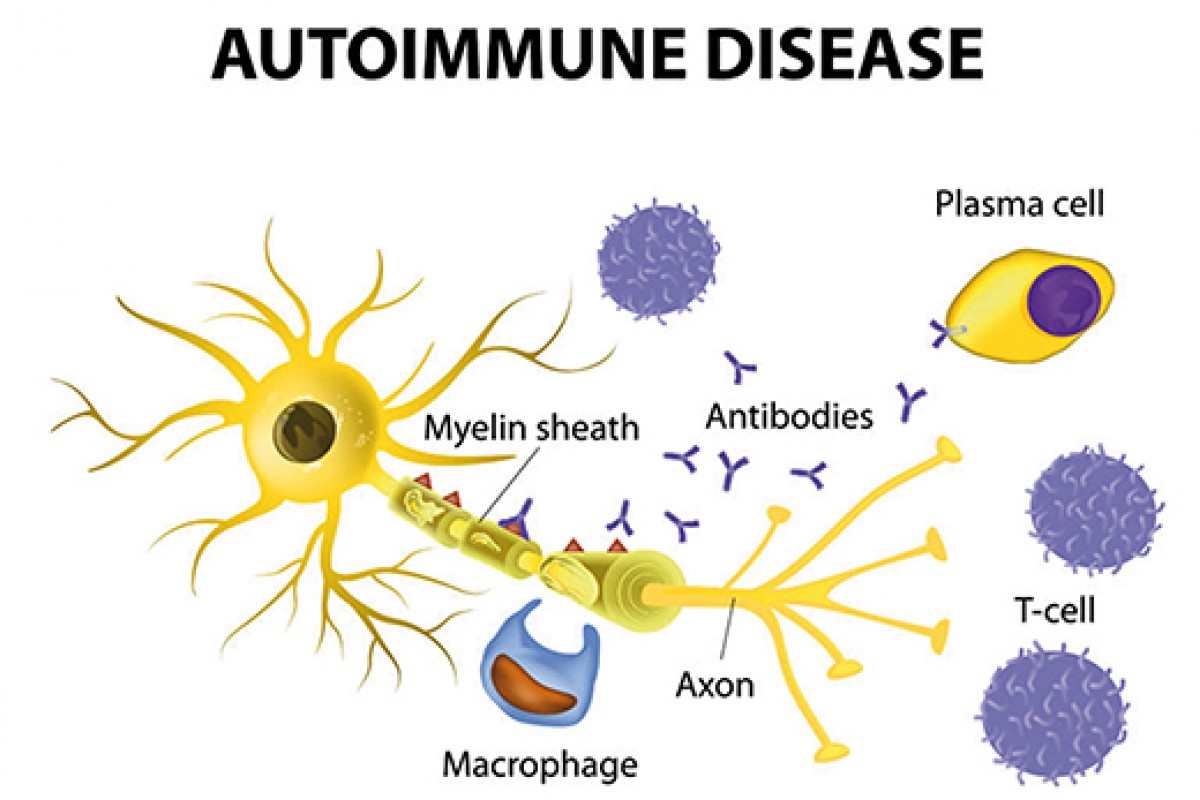
Hope in the fight against MS
More than 2.3 million people across the globe are living with multiple sclerosis. Apart from the standard pharmacological therapies, at present, there is no cure for the condition. However, researchers believe they are close to one.
The idea that CCSVI (Chronic Cerebrospinal Venous Insufficiency) which translates into blocked or abnormal neck veins, plays a fundamental role in MS has been a controversial topic for the past 7 years.
In CCSVI, malformed blood vessels cause increased deposition of iron in the brain, which in turn triggers autoimmunity.
After 10 years of research and tests, in 2009 Dr. Paolo Zamboni, an Italian vascular surgeon, developed this theory. Thousands of people from all over the world have travelled overseas to have veinoplasty, a procedure to open the neck veins to promote blood flow.
The media impact of Zamboni’s theory was larger in Canada than any other country in the world, including Italy. But the controversial CCSVI condition identified by Dr. Zamboni as the key finding to treating Multiple Sclerosis doesn’t seem to exist, according to a study published in a leading Canadian medical journal.
In a Canadian Medical Association Journal’s publication on the subject the team lead by Dr. Fiona Costello at the University of Calgary, concludes that their findings “revealed significant methodology concerns” about the proposed diagnostic criteria for CCSVI that “challenge their validity”. These findings detected no differences in the proportion of venous outflow abnormalities between 120 people with MS and 60 without MS. But the veinoplasty procedure, used to treat the non-existent condition known as chronic cerebrospinal venous insufficiency, has helped some people with MS.
Despite the doubts surrounding Zamboni’s original hypothesis, the question the studies are trying to answer is why do so many MS patients report feeling better after undergoing the veinoplasty procedure?
While studies are currently trying to determine the success rate of the Zamboni method, a stem cell treatment used for some cancers has enabled wheelchair-bound patients with multiple sclerosis to walk again.
Mesenchymal stem cells (MSCs) are found in many parts of the body and are usually taken from bone marrow, skin and fat tissue. They can produce many different types of cells, including muscle and cartilage, and there is some evidence to suggest they might help promote remyelination and have a positive effect on the immune system.
Research believes there those cells might allow immunomodulation (an immune response altered to the desired level) and might have a role in promoting the self-regeneration of a nerve’s myelin sheath.
A number of pilot studies have investigated the safety of isolating, growing and re-injecting someone’s own MSCs. These studies have highlighted a number of minor side effects, and have revealed some promising early results.
Researchers have also identified a number of genetic factors that may be linked to the risk of developing MS, and Vitamin D has been an important area of MS research for many years.
Research has shown MS is more common in countries further away from the equator. As these countries also have less sunshine, this may influence the levels of vitamin D in these populations.
The facts about MS
Worldwide, more than 2.3 million people have Multiple sclerosis (MS). It is a debilitating disease of the central nervous system (CNS). It is believed to be an autoimmune disease, in which the immune system mistakenly attacks the brain, spinal cord and optic nerves.
The immune system attacks myelin – the protective coating surrounding nerve fibers – as well as the nerve fibers themselves. Such damage impairs communication between the brain and spinal cord, producing a variety of symptoms.
Common symptoms of MS include numbness or tingling of the face and body, walking and balance difficulties, involuntary muscle spasms, pain, weakness, fatigue, dizziness and cognitive impairment. Some people with MS may also experience seizures, speech problems or tremors.MS affects around two to three times as many women as men. People with MS live an average of 7 years less than those without the condition.









